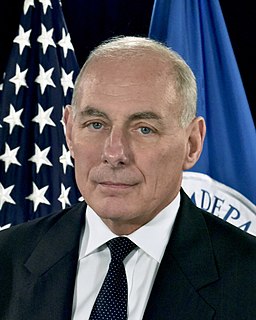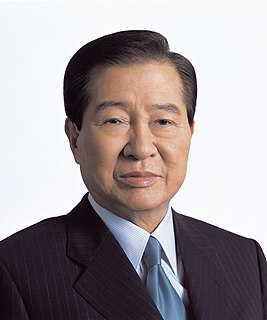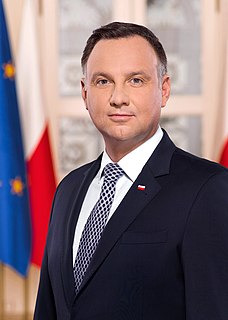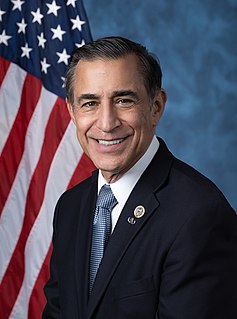A Quote by Tony Judt
The American financial and military commitment really only kicks in with Korea. Not that Korea was the real game for the Americans; their real fear was that this was just the prelude to a second Korea in Germany. We now know from the Soviet archives that the last thing Stalin was going to do was start a war in Central Europe. The Americans didn't know that, and it was the fear that he might which transformed NATO from a sort of shell game into a real military alliance. That total commitment basically transformed the Marshal Plan into military aid.
Related Quotes
President Bush Sr. and Secretary Baker, way back when, told Gorbachev, "We are not going to advance NATO into Eastern Europe. We're not going to - we're not going to advance NATO into East Germany, if you allow the unification of Germany." Where is that pledge? Where is the logic behind a military alliance, devised in the time of communism, before the Berlin Wall fell, now being in the Ukraine, in Poland, in Estonia, in Latvia and Lithuania? I don't understand.
South Korea at the end of the Second World War had a very low level of literacy. But suddenly, like in Japan, they determined they were going in that direction. In 20 years' time, they had transformed themselves. So when people go on saying that it's all because of perennial culture, which you cannot change, that's not the way the South Korean economy was viewed before the war ended. But again within 30 years, people went on saying there's an ancient culture in Korea that has been pro-education, which is true.
My family has been deeply affected by the split of Korea, which divided it in half, basically, before I was born. There's no way to connect with my family now who are in North Korea because it's so isolated. We don't even know who is still there and who is alive, and if they are, what they are doing. Comedy is the only weapon I have to battle this totalitarianism.
There's no military solution to North Korea's nuclear threats, forget it. Until somebody solves the part of the equation that shows me that ten million people in Seoul don't die in the first 30 minutes from conventional weapons, I don't know what you're talking about, there's no military solution here, they got us.
You know, NATO as a military alliance has something called Article 5, and basically it says this: An attack on one is an attack on all. And you know the only time it's ever been invoked? After 9/11, when the 28 nations of NATO said that they would go to Afghanistan with us to fight terrorism, something that they still are doing by our side.







































